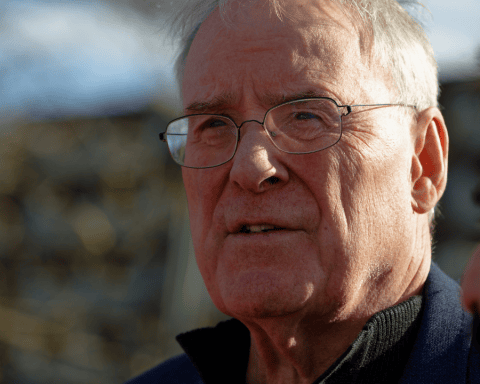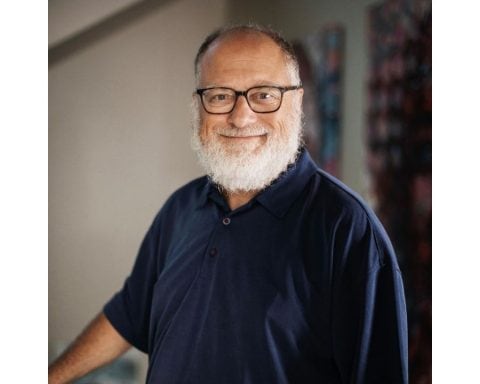Jeremy Rifkin has been a well-known economist, social theorist and author for decades, weighing in on the impact of scientific and technological changes on the economy, the workforce, society and the environment.
Rifkin’s last several books have argued that a new convergence of energy, communication and transportation networks along with the onset of internet technology and advances in renewable energies, are creating a powerful new infrastructure that is propelling forward a Third Industrial Revolution.
Importantly, Rifkin has been busy working with various jurisdictions to help implement this vision. He’s an advisor to the European Union and to heads of state around the world, and works as the president of The Foundation on Economic Trends in Washington D.C.
It’s for this reason that Brookfield Global Integrated Solutions, in collaboration with Corporate Knights and the Council for Clean Capitalism, was pleased to invite Rifkin to Toronto for a breakfast discussion in conjunction with Brookfield’s annual “An Inspired Future” event.
He outlined his proven Third Industrial Revolution planning framework and explained how it has been successfully adopted to enable the transformation to a low-carbon economy in numerous regions around the world, including Germany and China.
Revolutionary spirit
Humanity is faced with a climate crisis brought on by our carbon civilization, Rifkin explained. “We need a new economic vision for the world, and it has to be pretty compelling. So in order to get a grasp of what we need to do, we need to step back for a moment and take a look at how the great economic paradigm shifts in history occurred.”
What Rifkin found was that these past shifts involved three defining technologies converging and creating what engineers refer to as a general purpose technology platform. He’s convinced that we’re in the midst of one of these periods of transformational change right now with the Internet of Things, but we need to act fast. Only a massive build-out of the necessary infrastructure will help to transition humanity away from the fossil fuel era in time.
His advice for business leaders? This new business model acknowledges that humanity will not be exiting the Second Industrial Revolution immediately. Power companies in Canada and around the world, for example, will be operating centralized power for a while, but the curves are here and they’re accelerating quickly. “You need to be in two business models simultaneously for the next three decades,” he said. “It’s not one or the other.”
“Optimize your Second Industrial Revolution opportunities – you don’t want stranded assets, but at the same time you need another division that can create a completely different business model for laterally scaled energy,” he said. In the new model, companies make more and more money by selling less and less electricity. This goes for everything from building management to transportation. No sector will be left untouched.
Rifkin urged attendees to visit regions in Europe where his group has been working and evaluate the progress being made – areas like Nord-Pas-de-Calais in France. “The chamber of commerce joined with the president of the region and all the political parties across lines,” he said. “They ran 3,000 businesses on this transition over 18 months, and put the local universities into a consortium as well. They’ve got the whole region organized.”
Only with government, industry and academia working together to craft a plan will this transition become possible, Rifkin argues.
The Council for Clean Capitalism is a group of forward-thinking companies that seek public policies in support of an economic system in which prices incorporate social, economic and ecological benefits and costs, and people know the full impacts of their marketplace actions.





